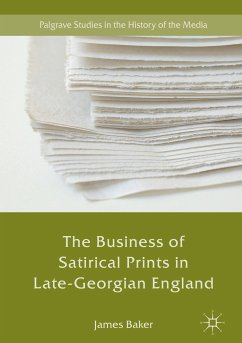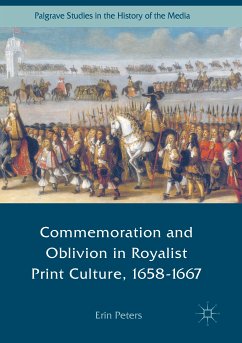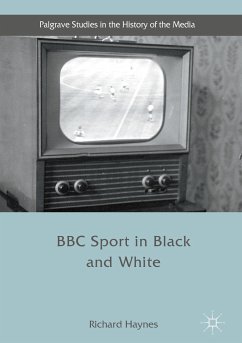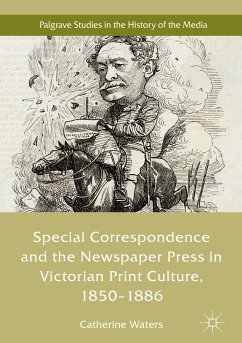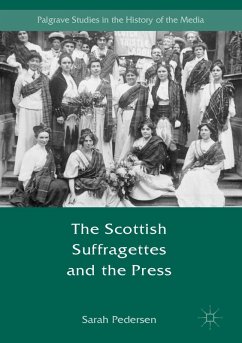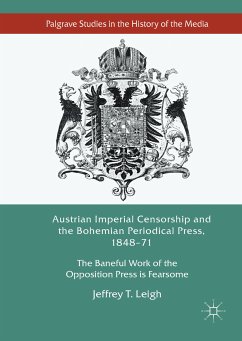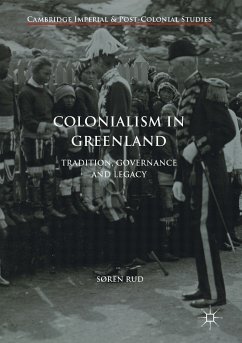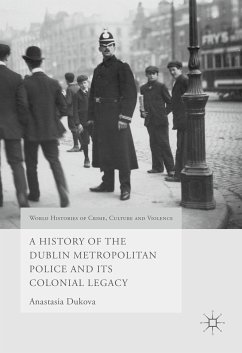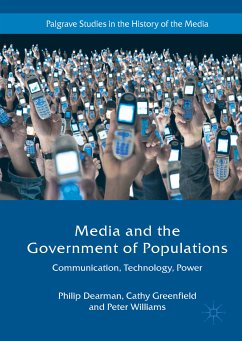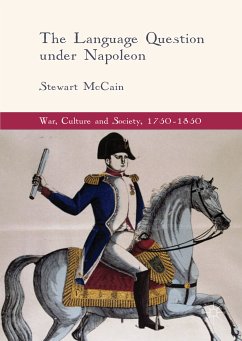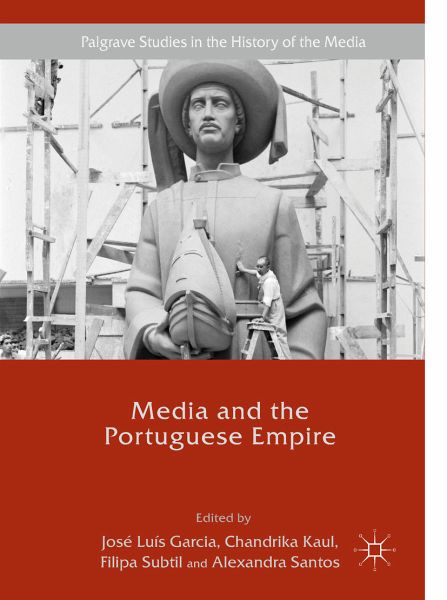
Media and the Portuguese Empire (eBook, PDF)
Versandkostenfrei!
Sofort per Download lieferbar
88,95 €
inkl. MwSt.
Weitere Ausgaben:

PAYBACK Punkte
44 °P sammeln!
This volume offers a new understanding of the role of the media in the Portuguese Empire, shedding light on the interactions between communications, policy, economics, society, culture, and national identities. Based on an interdisciplinary approach, this book comprises studies in journalism, communication, history, literature, sociology, and anthropology, focusing on such diverse subjects as the expansion of the printing press, the development of newspapers and radio, state propaganda in the metropolitan Portugal and the colonies, censorship, and the uses of media by opposition groups. It enc...
This volume offers a new understanding of the role of the media in the Portuguese Empire, shedding light on the interactions between communications, policy, economics, society, culture, and national identities. Based on an interdisciplinary approach, this book comprises studies in journalism, communication, history, literature, sociology, and anthropology, focusing on such diverse subjects as the expansion of the printing press, the development of newspapers and radio, state propaganda in the metropolitan Portugal and the colonies, censorship, and the uses of media by opposition groups. It encourages an understanding of the articulations and tensions between the different groups that participated, willingly or not, in the establishment, maintenance and overthrow of the Portuguese Empire in Angola, Mozambique, São Tomé e Príncipe, Cape Verde, Guinea-Bissau, India, and East Timor.
Dieser Download kann aus rechtlichen Gründen nur mit Rechnungsadresse in A, B, BG, CY, CZ, D, DK, EW, E, FIN, F, GR, HR, H, IRL, I, LT, L, LR, M, NL, PL, P, R, S, SLO, SK ausgeliefert werden.



